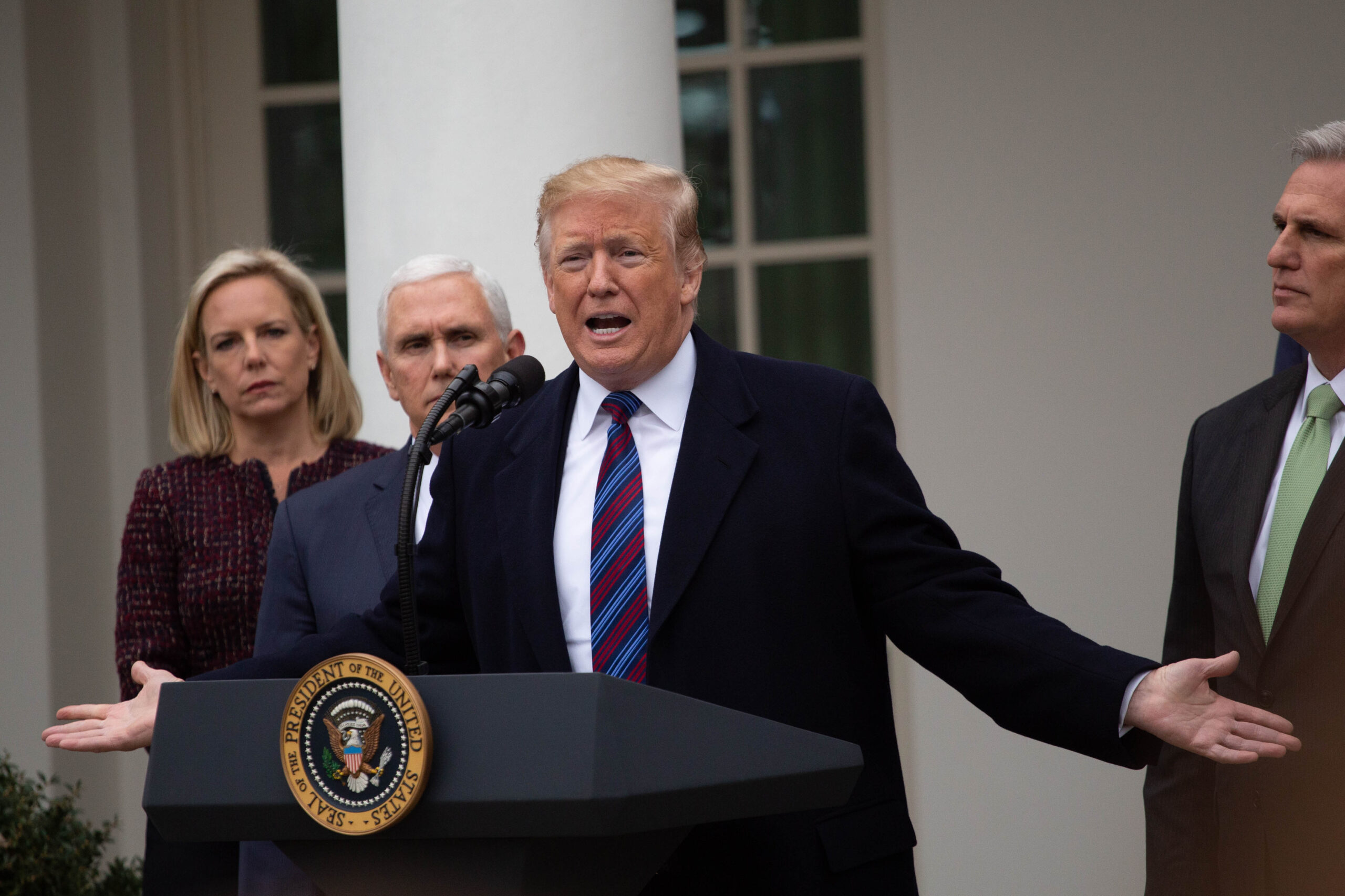Listen To Story Above
Germany’s latest parliamentary elections have delivered a striking shift in the political landscape, with right-wing parties securing a commanding majority and the Alternative for Germany (AfD) achieving unprecedented success in the polls.
The preliminary results, released Monday morning by Berlin’s Federal Returning Officer, show the Christian Democrats (CDU&CSU) leading with 28.5 percent, securing 208 seats in the 630-seat Bundestag. While this represents an improvement from their 2021 performance of 24.1 percent, their victory appears more attributable to the left’s decline than their own political appeal.
The AfD emerged as the election’s biggest success story, doubling their previous support to 20.8 percent and claiming 152 seats, up from 83 in 2021. This remarkable achievement gains additional significance given the election’s exceptionally high voter turnout, the highest recorded this century.
🚨🇩🇪🇪🇺CONSERVATIVES SURGE IN EU ELECTION, OUTPACING SCHOLZ'S COALITION
The Alternative for Germany (AfD), a right-wing party opposed to immigration and the EU, has defied expectations by taking second place in Sunday's EU election, according to exit polls.
The AfD secured a… pic.twitter.com/doCPuZvbRY
— Mario Nawfal (@MarioNawfal) June 9, 2024
The combined strength of the CDU and AfD would provide a comfortable governing majority of 360 seats, well beyond the required 316. AfD co-leader Alice Weidel expressed openness to collaboration, stating: “We are ready to participate in government… The hand is outstretched to implement the will of the people.”
However, Germany’s political establishment has long maintained a unified stance against cooperating with the AfD, viewing their anti-immigration policies and rejection of current political norms as fundamentally threatening. This approach mirrors similar strategies employed against populist movements in France and Sweden.
The election results have dramatically reshaped Germany’s political landscape. The Free Democrats suffered a devastating defeat, falling below the five percent threshold with 4.3 percent, losing all their parliamentary representation. The newly formed Sahra Wagenknecht Alliance narrowly missed entering parliament with 4.97 percent, prompting their founder to question the election’s validity.
Wagenknecht has said she is considering a legal review of the results, citing irregularities in the ballot’s availability to all voters and stating: “The question arises as to the legal validity of the election results.”
The Social Democrats (SPD) experienced a significant decline, dropping to third place with 16.4 percent and 120 seats, while Die Linke secured 8.8 percent and the Greens obtained 11.6 percent.
🚨🇩🇪🇪🇺GERMAN PARTY THREATENS TO WITHDRAW FROM EU
According to the final draft of its election manifesto, the right-wing AfD party is calling for the country’s exit from the bloc.
AfD’s co-chair, Alice Weidel, previously said her party will campaign for a Brexit-style vote on EU… pic.twitter.com/oWD2wn6zNc
— Mario Nawfal (@MarioNawfal) November 29, 2024
CDU leader Friedrich Merz now faces a critical decision: either partner with the AfD despite established opposition, or form a grand coalition with left-wing parties. The latter option, combining the CDU, SPD, and Greens, would command 413 seats but risks replicating the leftward policy drift seen during the Merkel era.
Weidel cautioned against such an arrangement, saying: “The vote is clear: the German people want political change, they want a black and blue [CDU-AfD] coalition… They’re going to have to explain to their voters how they’re going to implement those promises while working with left-wing parties. If they form a government with the SPD and Greens, then interim chancellor Merz won’t last four years.”
Recent political developments in the Netherlands, where similar anti-cooperation pledges were ultimately abandoned to prevent left-wing governance, suggest potential flexibility in Germany’s approach to the AfD. The election results clearly indicate voter support for economic reform and stricter immigration controls, raising questions about how much deviation from these mandates the electorate will accept.







